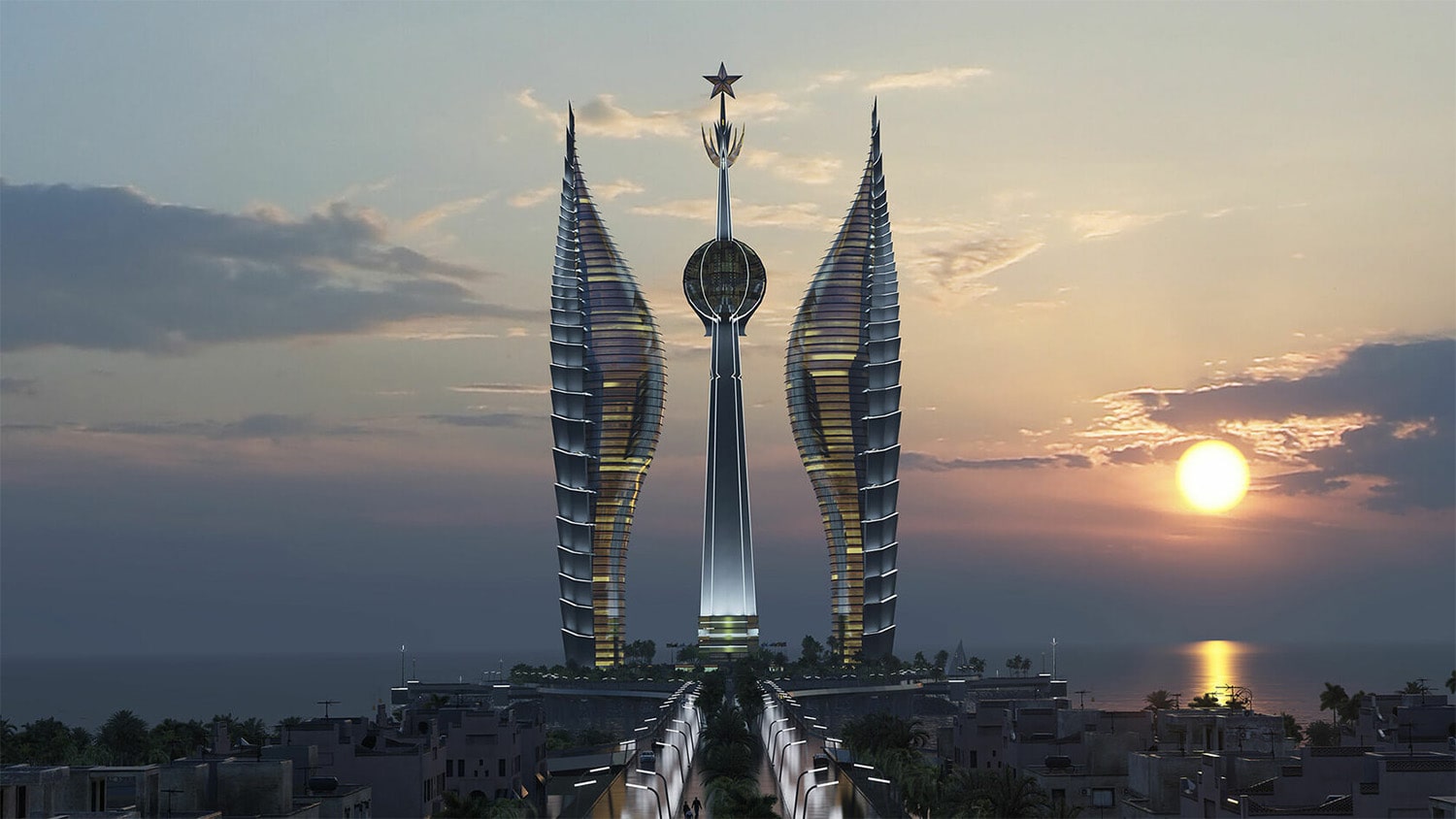
33 interesting facts about Djibouti
- 👁️ 285
It seems there might be a mix-up in your request. Djibouti is a country located on the Horn of Africa, known for its strategic location near some of the world’s busiest shipping lanes, connecting the Red Sea and the Gulf of Aden. It’s a nation with a rich cultural history, diverse landscapes ranging from deserts to mountains, and a significant geopolitical presence in the region. However, it seems like you might have intended to ask about a prehistoric snake or another topic related to Djibouti but mentioned them together by mistake.
Given this, I’ll provide interesting and informative facts about the country of Djibouti itself. If you’re looking for information on a prehistoric snake or another specific topic related to Djibouti, please feel free to clarify or ask another question!
- Djibouti gained independence from France on June 27, 1977.
- The country’s name is derived from its capital city, Djibouti City.
- Djibouti is strategically located at the southern entrance to the Red Sea, along the Bab-el-Mandeb Strait.
- The country’s population is around 1 million, making it one of the least populous countries in Africa.
- Djibouti hosts several foreign military bases, including those of France, the United States, and China.
- The country is predominantly arid and consists mainly of desert landscapes.
- Lake Assal, located in Djibouti, is the second saltiest body of water in the world and the lowest point in Africa.
- The Danakil Depression in Djibouti is one of the hottest places on Earth in terms of year-round average temperatures.
- Djibouti’s economy relies heavily on its services sector, particularly logistics and port services.
- The Djiboutian Franc (DJF) is the official currency of Djibouti.
- The official languages are French and Arabic, reflecting its colonial past and cultural heritage.
- Djibouti is a member of the African Union, the Arab League, and the United Nations.
- The country has a high level of religious tolerance, with Islam being the predominant religion.
- Djibouti’s railway system connects it to Ethiopia, serving as a vital trade route between the landlocked country and the sea.
- The government of Djibouti has been led by President Ismail Omar Guelleh since 1999.
- The country is part of the Afar Triangle, a geologically active area where three tectonic plates meet.
- The whale shark, the world’s largest fish, frequents the waters of Djibouti.
- Djibouti is home to one of the few salt lakes in the world that is below sea level, Lake Assal.
- The country’s cuisine reflects a blend of Somali, Afar, Yemeni, and French influences.
- Djibouti has one of the world’s most critical shipping chokepoints, the Strait of Mandeb, affecting global oil and trade routes.
- The country has made significant investments in renewable energy, particularly geothermal power, to harness its volcanic landscape.
- Djibouti’s Ali Sabieh region is known for its spectacular moon-like landscapes and rock formations.
- The traditional nomadic lifestyle is still practiced among some communities in Djibouti.
- Moucha Island, off the coast of Djibouti, is a popular spot for diving and snorkeling.
- The Gobaad Basin and Day Forest are important conservation areas for biodiversity in Djibouti.
- The Djibouti City port is one of the busiest in Africa, serving as a gateway for imports and exports for the region.
- Traditional Djiboutian attire includes the “labaad,” a garment worn over clothes for protection against the sun.
- Djibouti participates in the Francophonie, an international organization representing countries and regions where French is a customary language.
- Education in Djibouti is mandatory until the age of 16.
- The country’s flag features two horizontal blue and green bands, a white triangle, and a red star symbolizing unity.
- Djibouti has one UNESCO World Heritage site, Lake Abbe, known for its limestone chimneys.
- The country is working on the “Djibouti Vision 2035” to drive economic development through diversification and sustainable growth.
- Djibouti celebrates its rich cultural heritage through music and dance, with the traditional “Dhaanto” being a popular genre.
Djibouti is a country of stark contrasts, from its arid landscapes to its strategic maritime location, offering a unique blend of cultural heritage and modern ambitions. Despite its small size, Djibouti plays a significant role in global trade and geopolitical strategies. Its commitment to renewable energy and sustainable development highlights the nation forward-looking approach, while its efforts to preserve cultural traditions and natural wonders demonstrate a deep respect for its heritage. Djibouti’s strategic importance, diverse ecology, and rich cultural tapestry make it a fascinating subject of study and an intriguing destination for travelers seeking to experience the beauty and complexity of the Horn of Africa. As Djibouti continues to navigate the challenges of development and globalization, it remains a testament to the resilience and ambition of its people, offering valuable lessons in balancing tradition with progress.
It seems there might be a mix-up in your request. Djibouti is a country located on the Horn of Africa, known for its strategic location near some of the world’s busiest shipping lanes, connecting the Red Sea and the Gulf of Aden. It’s a nation with a rich cultural history,…